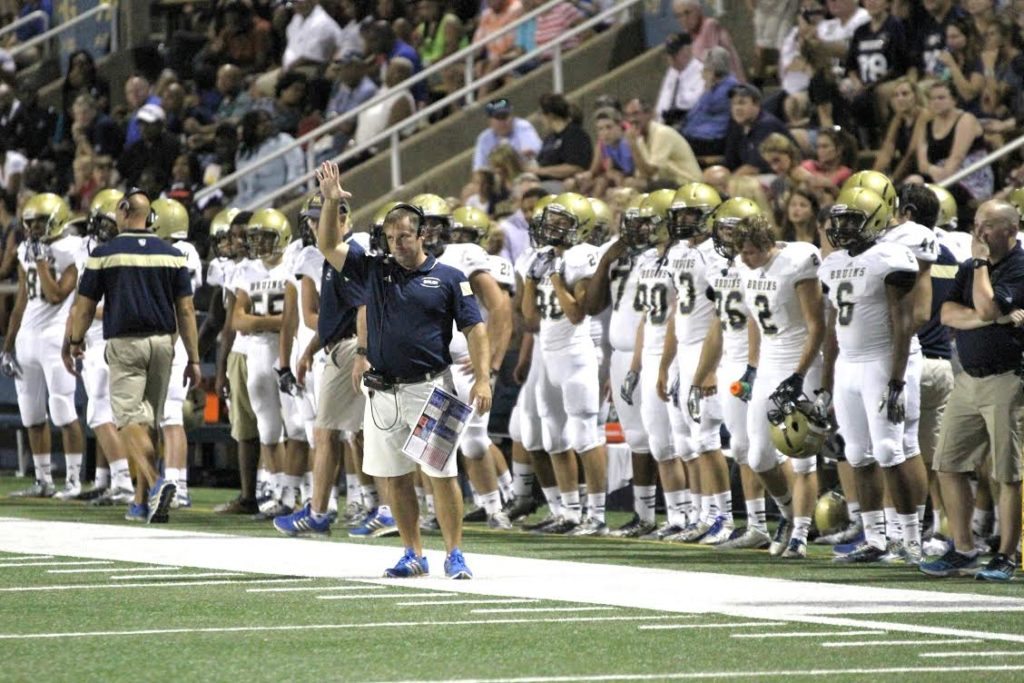In Little Rock, Arkansas, the Pulaski Academy Bruins play the game of football differently than you’ve ever seen before.
To start, they don’t punt.
Head coach Kevin Kelley who many consider the “mad scientist of football”, doesn’t believe in it. Along with a few other conventions of the game.
Like onside kicking every time. And always going for two. To say he drives special teams coaches crazy would be an understatement.
But he must be doing something right. He’s won five state titles and has one of the best offenses in the entire country.
Kelley has become a cult figure among both football coaches and the sports analytics community for his disregard for traditional football wisdom.
Take his non-punting philosphy. His teams always go for it on fourth down, even deep in their own zone. He relies on plays other coaches call tricks and gimmicks. He will ban his players from returning punts. Yep. He feels that the odds of a fumble outweigh the yards that can be gained from a return.
After his team scores, an onside kick follows as standard procedure. And he has 12 varieties in his playbook — including one in which the ball is placed flat on the ground — and Kelley figures that the chance of recovery outweighs the risk of allowing the opposition to start a drive near midfield.
Although he may seem like a mad scientist, he bases everything he does on statistics.
The decision not to punt? According to his statistics, when a team punts from near its end zone, the opponent will take possession inside the 40-yard line and will then score a touchdown 77 percent of the time. If it recovers on downs inside the 10, it will score a touchdown 92 percent of the time.
“So [forsaking] a punt, you give your offense a chance to stay on the field,” he said. “And if you miss, the odds of the other team scoring only increase 15 percent. It’s like someone said, ‘[Punting] is what you do on fourth down,’ and everyone did it without asking why.”
Watch this video from the Bleacher Report and find out how the self-proclaimed “weird mind of football” sees football completely different than you or I, and pretty much everyone else.
With excerpts from Sports Illustrated and the Bleacher Report

